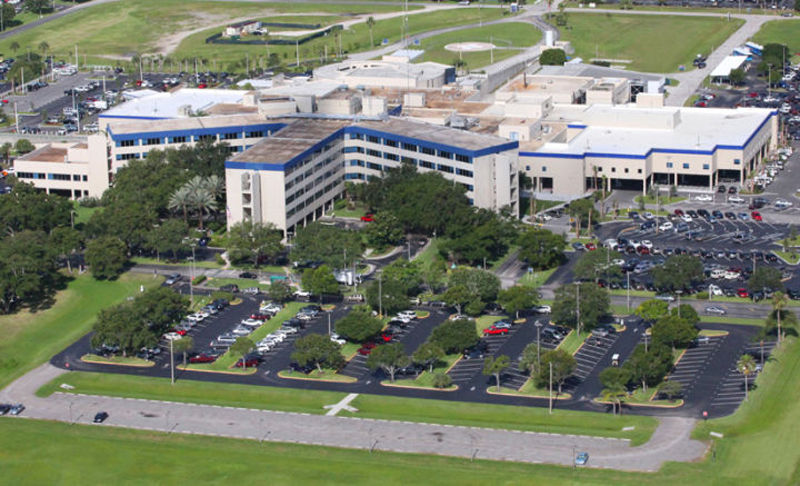Only a week after it appeared that Indian River Medical Center and the Hospital District had finally come to agreement on an indigent care reimbursement formula to run through fiscal year 2017, the hospital balked.
The sticking point: The hospital says it needs more money than has been budgeted by the District.
Also, the hospital now insists it is not solely up to the District to decide the level of taxpayer dollars it will provide.
Instead, the hospital negotiating team believes the amount should be whatever the medical center says it needs.
In their proposed written reimbursement formula, which District trustees thought reflected what was a verbal agreement with the hospital, the District said if the hospital need more than what the District budgeted in indigent care reimbursement dollars for a fiscal year, “District Trustees will consider the additional payment.”
But the hospital refuses to accept that only the District can do the considering – even though a 15-year-old appellate court opinion makes it clear the Hospital District does have that power.
That opinion, which is memorialized in Florida law, says “The District independently determines how much it will pay each year to Indian River Memorial Hospital for indigent care services. The District appropriates only a certain amount of money to IRMH, Inc. without regard to how much IRMH, Inc. charges for each individual service, which forces IRMH to either lower its costs or take up the slack.”
Monday at a Hospital District meeting, attended by the hospital negotiating team, District lawyer Glen Torcivia said, “The District has the ultimate responsibility to set the rate. It’s going to be up to you,” he told the Trustees. “You’re the custodians of the public dollar, according to the courts.”
But hospital CEO Jeff Susi responded that the medical center’s governing board was “going to have trouble accepting that.”
The District should change the word “consider” to “utilize,” Susi told District trustees, so that instead of considering a hospital request for additional money beyond what was budgeted, the District would “utilize” the additional payment or, in other words, pay it.
District Chairman Tom Spackman responded: “We’re not allowed to make a definite commitment. We have the responsibility to protect the taxpayer and that means the sole discretion is with us.”
But Susi disagreed: “We have other opinions besides Bill Stewart’s [the hospital attorney] saying what [we propose] is fine. We’ve had second and third opinions,” he said, as Stewart nodded in agreement.
The hospital has yet to produce legal opinions in support of its position.
Nor has it named any attorneys under contract – besides Stewart – supporting the hospital’s position.
District trustees discussed whether they should lock in what they do agree on with the hospital – the reimbursement formula for fiscal year 2015.
But, when the District and the hospital started negotiations over a year ago, both sides said nothing could be locked in until all issues were decided.
“Nothing is signed until everything is signed,” said Spackman.
Earlier in the meeting, Susi told District trustees that “we’re not completely aligned but we are more aligned than misaligned.”
But, by the end of the meeting, that seemed questionable.

